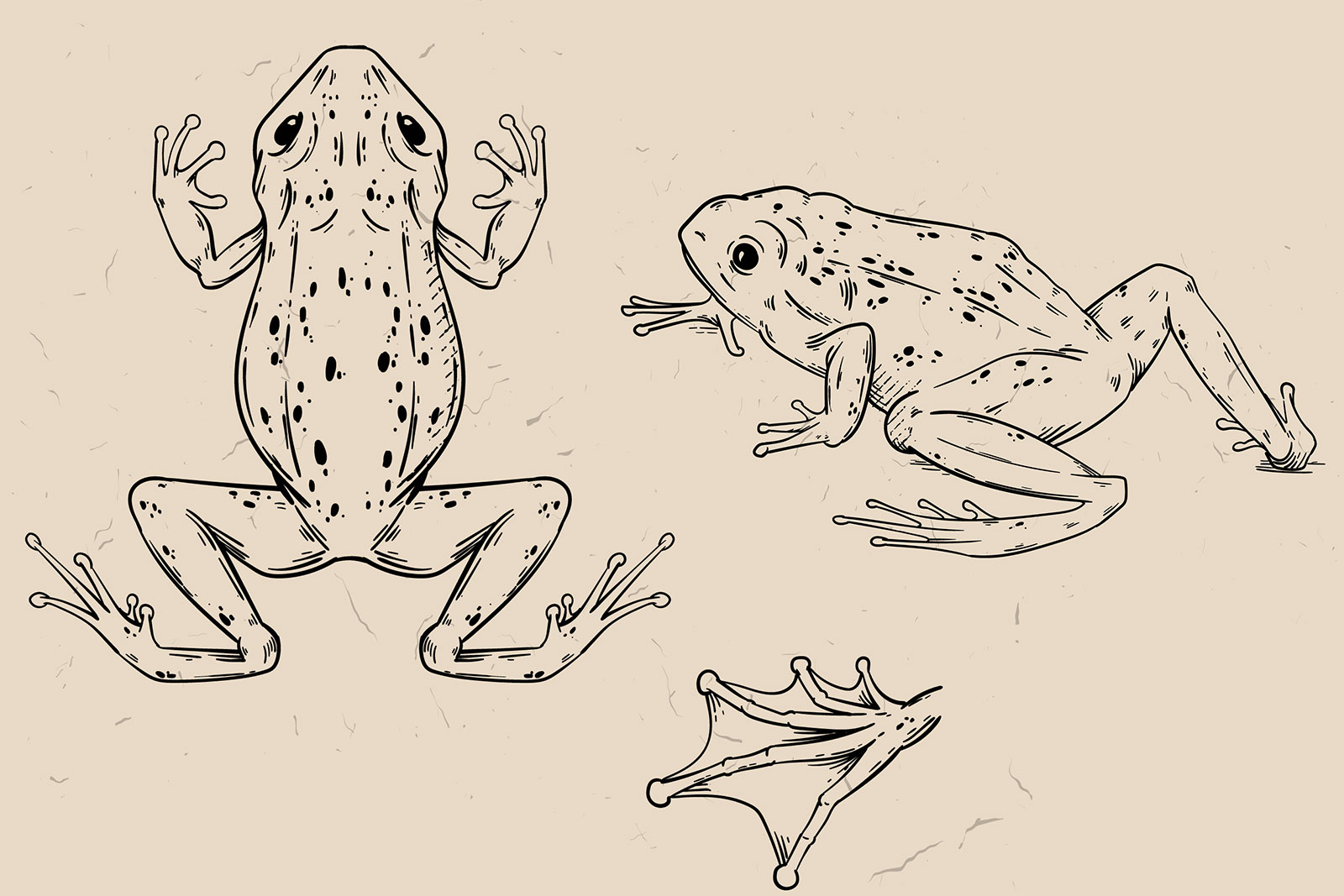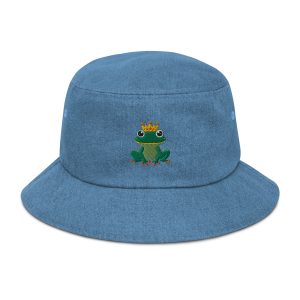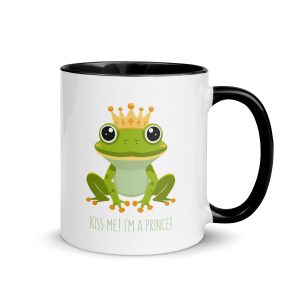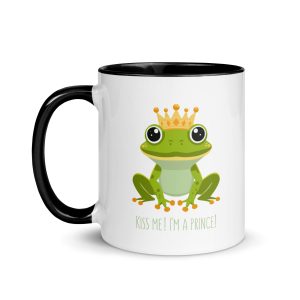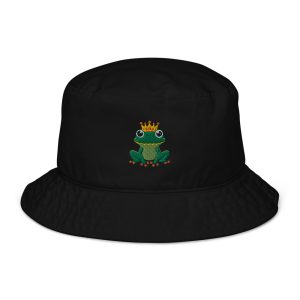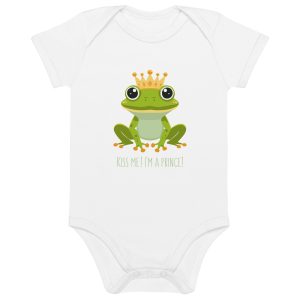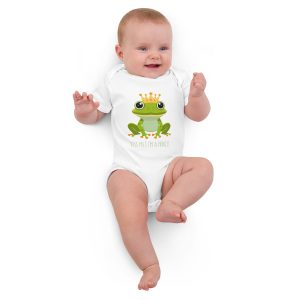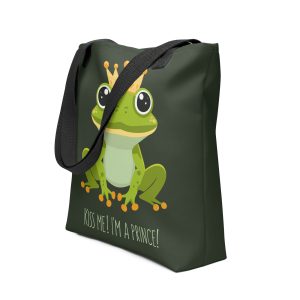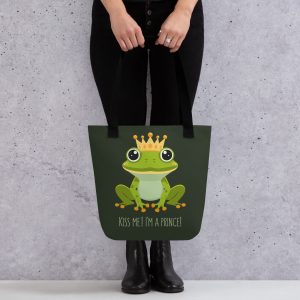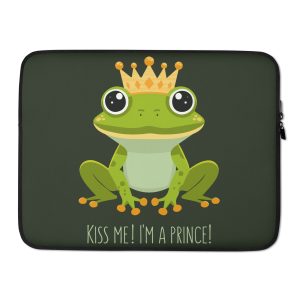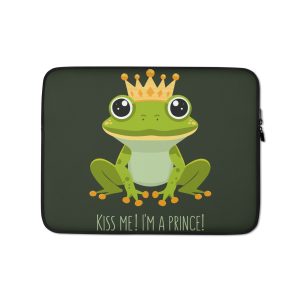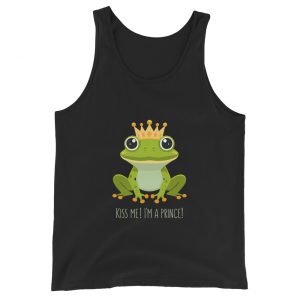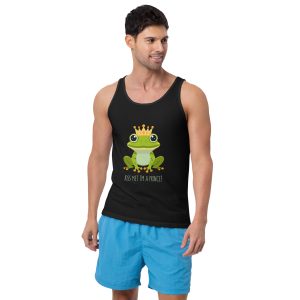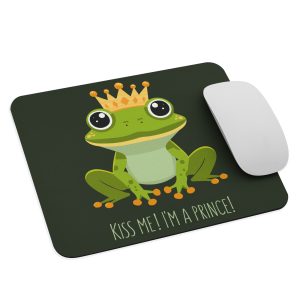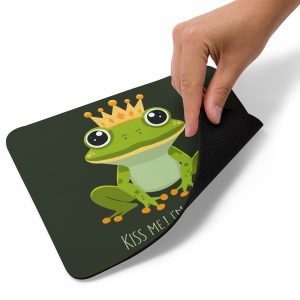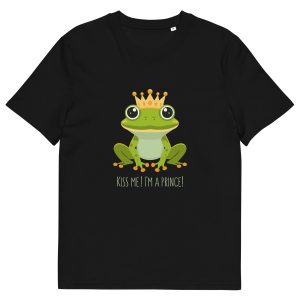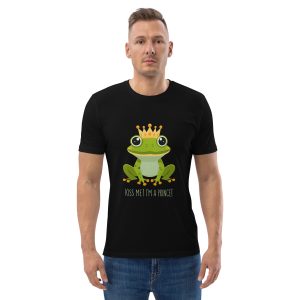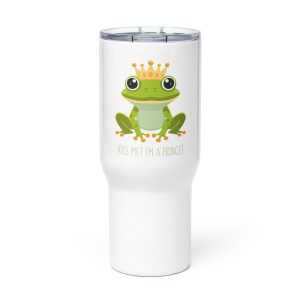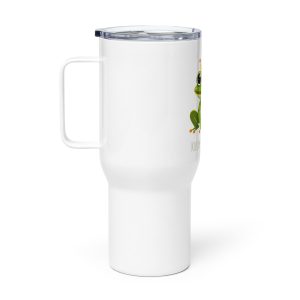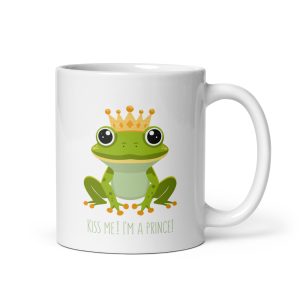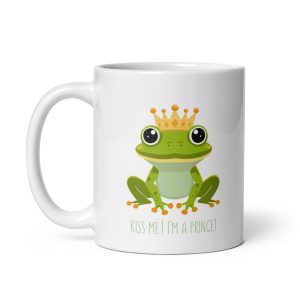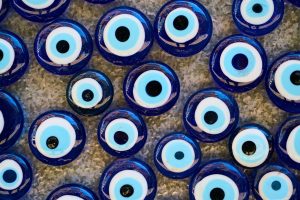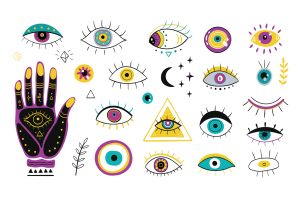Have you ever paused to consider the humble frog and its intriguing presence across cultures and throughout history? While often associated with ponds and lily pads, frogs hold a much deeper symbolic meaning that transcends their amphibious nature. From ancient civilizations to modern spiritual practices, frogs have hopped their way into folklore, mythology, and religious beliefs, embodying a wide array of concepts and qualities. Join us as we delve into the world of frog symbolism and explore what these remarkable creatures represent in different traditions.
Introduction: The Universal Appeal of Frog Symbolism
Throughout human history, animals have played a pivotal role in our understanding of the world around us. They have been revered as messengers of the gods, symbols of natural forces, and guides on our spiritual journeys. Animal symbolism, the practice of attributing meanings and qualities to animals, has been a fundamental part of human culture for millennia.
Frogs, with their unique life cycle and amphibious nature, have captured the human imagination and found their way into the folklore and mythology of countless cultures. They are often associated with transformation, fertility, abundance, and the connection between the physical and spiritual realms. Whether you encounter a frog in your dreams, in nature, or in art and literature, its presence holds a deeper significance that can offer valuable insights and guidance.
Frogs in Ancient Cultures: Fertility, Rebirth, and Transformation
In many ancient cultures, frogs were revered as symbols of fertility, rebirth, and transformation. Their ability to thrive in both water and on land, as well as their metamorphosis from tadpoles to frogs, made them powerful symbols of change, renewal, and the interconnectedness of life.
In ancient Egypt, the frog goddess Heqet was a deity associated with fertility, childbirth, and resurrection. She was often depicted with the head of a frog and was believed to protect women during labor and guide souls in the afterlife. The frog’s connection to water, a symbol of life and renewal, further solidified its association with fertility and rebirth.
In Native American traditions, frogs played a significant role in rainmaking rituals. They were seen as intermediaries between the physical and spiritual worlds, capable of communicating with the spirits of rain and water. The frog’s ability to adapt to both aquatic and terrestrial environments made it a symbol of transformation and adaptability, qualities that were highly valued by many Native American tribes.
In Celtic mythology, frogs were considered guardians of wells and springs, places of power and mystery where the veil between the worlds was thin. They were associated with fertility, abundance, and the connection to the otherworld. The frog’s ability to move between water and land was seen as a symbol of the shamanic journey, a passage between different realms of consciousness.
Eastern Traditions: Frogs as Symbols of Good Fortune and Prosperity
In Eastern cultures, frogs are often viewed as symbols of good fortune, prosperity, and abundance. Their association with water, a life-giving element, and their ability to adapt to changing environments, have made them auspicious symbols in various traditions.
In Chinese culture, frogs are considered lucky symbols that attract wealth and abundance. The Chinese word for frog, “wa,” sounds similar to the word for prosperity, “fa.” Frog figurines and symbols are often placed in homes and businesses to invite good luck and financial success. The three-legged money frog, a popular Feng Shui charm, is believed to attract wealth and ward off evil spirits.
In Japanese folklore, frogs are associated with rain and prosperity. They are often depicted in art and literature as messengers of good fortune, bringing blessings and abundance to those who encounter them. The Japanese word for frog, “kaeru,” also means “return,” suggesting a connection to the return of good luck and fortune.
Frogs in Western Folklore and Literature: Tricksters, Transformations, and Omens
In Western folklore and literature, frogs have taken on a variety of roles, often serving as tricksters, symbols of transformation, and omens of good or bad luck.
One of the most well-known frog stories is the classic fairy tale of the Frog Prince. In this story, a frog transforms into a handsome prince after being kissed by a princess. This tale symbolizes the importance of looking beyond appearances and recognizing hidden potential. It also speaks to the transformative power of love and acceptance.
In medieval Europe, frogs were sometimes associated with witchcraft and magic, often depicted as familiars of witches or ingredients in potions. This association likely stemmed from the frog’s connection to water, a symbol of the unconscious and the mysterious. However, frogs were also seen as positive omens in some traditions, believed to bring good luck and rain.
In contemporary literature and art, frogs continue to symbolize transformation, adaptability, and environmental awareness. They are often used as metaphors for personal growth, resilience, and the interconnectedness of all living beings.
Frogs in Dreams: Messages from the Subconscious
Dreams have long been regarded as a window into the subconscious mind, and the appearance of frogs in dreams can carry significant meaning. In many cultures, dreaming of frogs is associated with emotional cleansing, new beginnings, and the need to embrace change.
The frog’s ability to move between water and land can symbolize the transition between different emotional states or life phases. A frog dream might suggest that you are on the verge of a significant transformation or that you need to release old emotions and embrace new opportunities.
It’s important to note that dream interpretations can vary depending on cultural context and individual experiences. If you’re curious about the meaning of your frog dream, consider consulting a dream dictionary or seeking guidance from a therapist or spiritual advisor.
The Frog as a Spirit Animal and Totem: Guidance and Healing
In shamanic and spiritual traditions, animals are often seen as spirit guides or totems that offer wisdom, protection, and healing. The frog, with its unique qualities and symbolism, can serve as a powerful spirit animal or totem for those who resonate with its energy.
As a spirit animal, the frog encourages us to embrace change, adapt to new situations, and trust our intuition. It reminds us to cleanse ourselves of negative emotions, connect with our inner wisdom, and find joy in the present moment. The frog’s ability to leap and jump symbolizes taking risks, embracing new experiences, and trusting in our ability to navigate life’s challenges.
As a totem animal, the frog represents fertility, abundance, and the power of transformation. It reminds us to connect with our emotions, embrace our creativity, and find balance in our lives. The frog’s association with water can also signify emotional healing, cleansing, and the release of old patterns that no longer serve us.
Frog medicine, a form of spiritual healing that draws upon the symbolism and energy of the frog, can be beneficial for those who seek emotional release, personal transformation, and a deeper connection to nature. By meditating on the frog’s qualities and incorporating its symbolism into our lives, we can tap into its transformative power and embrace our own potential for growth and renewal.
Conclusion: Embracing the Wisdom of the Frog
The frog, with its rich symbolism and diverse cultural associations, is a fascinating creature that has captured the human imagination for centuries. Whether viewed as a symbol of fertility, transformation, good fortune, or spiritual guidance, the frog offers valuable lessons and insights that can enrich our lives.
By exploring the various interpretations of frog symbolism, we can gain a deeper understanding of ourselves and our place in the natural world. We can learn to embrace change, connect with our emotions, and tap into our own transformative power. The next time you encounter a frog, whether in a dream, in nature, or in art, take a moment to reflect on its deeper meaning and consider the wisdom it might offer you on your own journey of self-discovery and personal growth.
Interested in exploring the fascinating world of frogs in culture? Jump over to Wikipedia’s article on Frogs in Culture and discover their diverse roles in mythology, folklore, and art across the globe.
https://en.wikipedia.org/wiki/Frogs_in_culture
FAQs
What does it mean when a frog crosses your path?
In many cultures, a frog crossing your path is considered a sign of good luck, transformation, or an upcoming change. It may also signify a need for emotional cleansing or a deeper connection with nature.
What does a frog symbolize in dreams?
Frog dreams often represent transformation, renewal, and emotional cleansing. They may also indicate hidden emotions, the need to adapt to new situations, or a desire for change.
What is the spiritual meaning of a frog?
The frog’s spiritual meaning encompasses themes of transformation, fertility, abundance, healing, and the connection between the physical and spiritual realms. It can also represent emotional release, personal growth, and a deeper connection to nature.
What is the difference between a frog spirit animal and a frog totem animal?
A frog spirit animal is a guide that appears in your life to offer wisdom and support during times of change or transformation. A frog totem animal is a symbol that represents your innate qualities and strengths, such as adaptability, resilience, and intuition.
How can I connect with my frog spirit animal or totem?
You can connect with your frog spirit animal or totem through meditation, visualization, spending time in nature, or creating art or rituals that honor the frog’s symbolism.
Why are frogs considered lucky symbols in some cultures?
Frogs are often associated with water, a life-giving element, and their ability to thrive in both water and on land makes them symbols of adaptability and resilience. In some cultures, they are also believed to bring rain, which is essential for crops and prosperity.
What are some common myths and legends about frogs?
Many cultures have myths and legends about frogs. Some stories depict them as tricksters or shape-shifters, while others portray them as guardians of sacred waters or messengers of the gods.
Are there any negative associations with frogs?
In some cultures, frogs are associated with negative traits like greed, envy, or deceit. However, these interpretations are often context-specific and can vary depending on the cultural and historical context.
How can I incorporate frog symbolism into my life?
You can incorporate frog symbolism into your life by using frog imagery in your home or personal belongings, or engaging in activities that connect you with nature and water.
Leap into a World of Wonder: Explore Our Frog Collection
Discover a unique collection of frog-themed gifts and décor that celebrate the frog’s vibrant spirit and symbolism.


